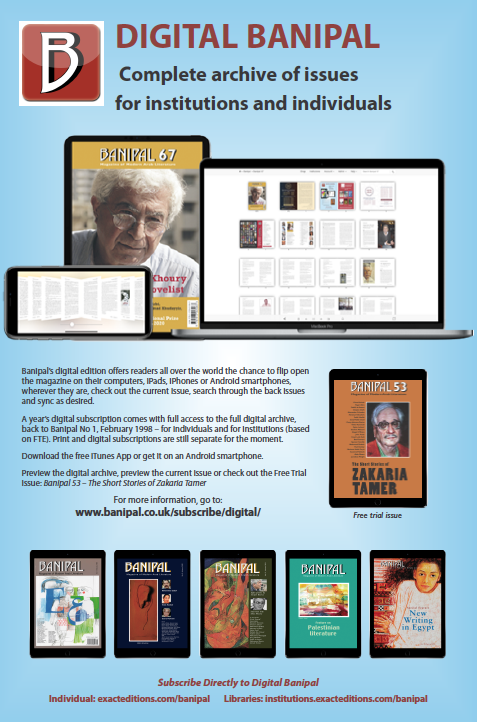Banipal issues include reviews of some of the latest works by Arab authors, either from their original editions or as published in translation, presenting a combination of reviews in works in English, Arabic, French or German.
Book Reviews
Banipal 75

Mister N
This seventh novel of Lebanese author Najwa Barakat is translated by Luke Leafgren. Set in contemporary Beirut, it is a challenging and multi-faceted story about intergenerational trauma, the horrors of war and their effect on the emotional and psychological lives of those who bear witness to it, with a quite unexpected twist at the end.
Banipal 75

The Night Will Have Its Say
by prize-winning Libyan writer Ibrahim al-Koni, translated by Nancy Roberts, recounts the Muslim invasions of North Africa in the late seventh and early eighth centuries CE, mainly through the eyes of two protagonists: the Berber Queen al-Kahina and the Arab Muslim commander General Hassan ibn al-Nu‘man.
Banipal 75
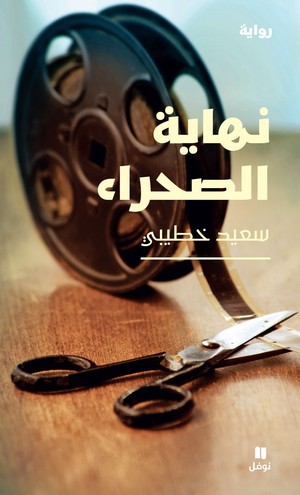
Nihayat al-Sahra’ – (The End of the Desert)
Holding Saïd Khatibi's latest novel, Nihayat al-Sahra’, in one’s hands is like holding the pair of scissors pictured at the base of the cover: its sharp edges keep readers alert amidst the cascade of events that unfold throughout the narrative. Khatibi’s masterful retelling of the events assembled between its pages creates a perfect mosaic.
Banipal 74
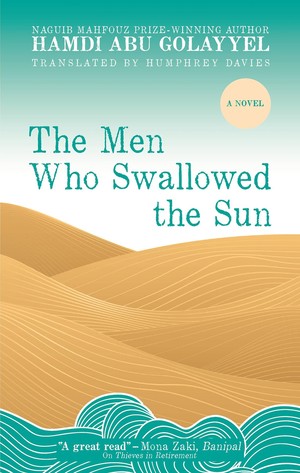
The Men Who Swallowed the Sun by Hamdi Abu Golayyel
Hamdi Abu Golayyel’s novel, The Men who Swallowed the Sun, translated by the late Humphrey Davies and published by Hoopoe Fiction, is an entertaining picaresque tale, which focuses on Egyptian migrants who make the difficult, grueling journey to Italy through Libya.
Banipal 73

Things You May Find Hidden in My Ear by Mosab Abu Toha
With this breakthrough debut collection Things You May Find Hidden in My Ear, Palestinian poet Mosab Abu Toha, Founder Director of the Edward Said Library in Gaza, joins an extraordinary group of poets, intellectuals, and writers who have given voice to the resilience of the Palestinian people since the Nakba in 1948.
Banipal 73
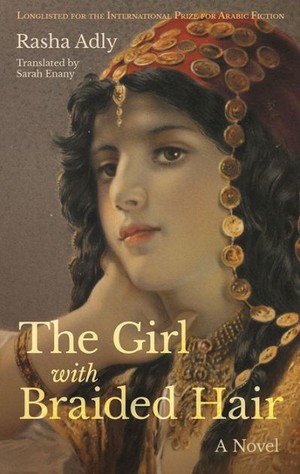
The Girl with Braided Hair
The winner of the 2021 Saif Ghobash Banipal Prize for Arabic Literary Translation, this novel – authored by Rasha Adly and superbly translated by Sarah Enany – is an absorbing tale of two women living parallel lives over 200 years apart, their narratives connected by a painting.
Banipal 73
Banipal 73

Shatt al-Arwah (Beach of Souls)
The vast critical debate stirred up by the publication of Emna Rmili's novel quickly made it one of the most important of 2020, concerning as it does the stories of people who leave with unlimited dreams yet return to their countries in coffins, or as mere news, having been swallowed up by the deadly sea or thrown by the waves, nameless, onto the shore.
Banipal 72
Banipal 71
Banipal 71
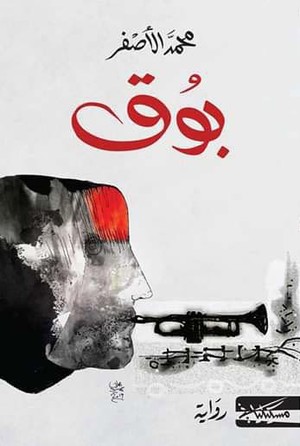
Booq (Trumpet)
This novel by Libyan writer and novelist Mohammad al-Asfar bears a dual purpose. On the one hand, it is a token of the author’s loyalty and gratitude to Germany, the adoptive home that embraced him. On the other, it juxtaposes love and hate, war and peace, Germany and Libya in World War II, and East and West through the language of music.
Banipal 71
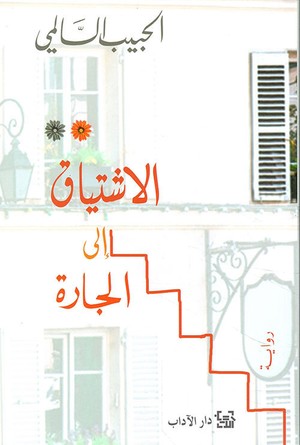
Al-Ishtiyaq ila al-Jarah (Longing for the Woman Next Door)
The novel Al-Ishtiyaq ila al-Jarah (Longing for the Woman Next Door) by Tunisian writer Habib Selmi, published in 2020, contends from the outset, beginning with the title itself, that the object of desire is unattainable and that longing presupposes distance or separation . . .
Banipal 71
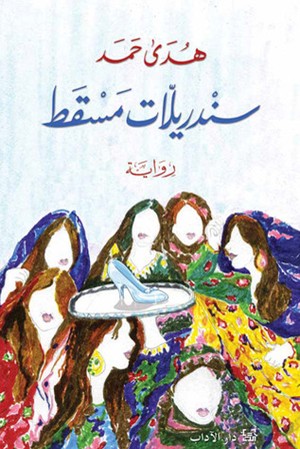
Sanderellat Muscat
Huda Hamed posits an alternative in the tradition of oral storytelling and its association with magical worlds. The Cinderellas gather in a restaurant to escape their daily lives, to chat and reveal their secrets. They are not looking for a prince but, as housewives, they are seizing the chance to enjoy a few hours of independence.
Banipal 70

Fugitive Atlas: Poems by Khaled Mattawa
In Fugitive Atlas (2020), his fifth poetry collection, Khaled Mattawa effortlessly navigates between Middle Eastern, American, and World literary traditions in , his most recent poetic tour de force . . . and render a deeply elegiac map of humanity’s shared planetary experience in the first decades of the 21st Century.
Banipal 70
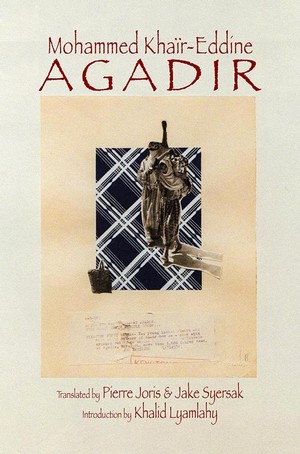
Agadir by Mohammed Khair-Eddine
Agadir is not your average novel. Sometimes described as a hybrid novel, it is not a novel in any conventional sense. Mohammed Khaïr-Eddine’s intense writing intentionally subverts traditional literary models. He intends to shock, and described his writing as a “guérilla linguistique”.
Banipal 70
Banipal 69

Mama Hissa’s Mice
Saud Alsanousi’s fourth novel, Mama Hissa’s Mice, is an arresting Kuwaiti bildungsroman. It covers a period of more than 40 years in Kuwait, from the 1979 Islamic Revolution in Iran, to the 1990 Iraqi invasion, to the post-9/11 years, and finally to a feverish, infernal near-future in which the country is burning in the throes of all-out sectarian warfare.
Banipal 69

The Libyan Novel
Dr Charis Olszok’s book is an insightful and stimulating addition to the Edinburgh Studies in Modern Arabic Literature series, published by Edinburgh University Press. She takes a fresh and original approach in, for example, situating her study of the Libyan novel within the fields of animal studies and ecocriticism.
Banipal 69
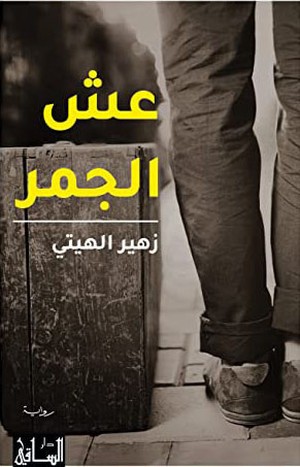
‘Ush al-Jamr
Zuheir al-Hiti’s fourth novel, ‘Ush al-Jamr (Embers’ Den), is a journey into Iraq’s heart of darkness that explores a process of political, social and cultural descent into a frenzied state of primordial, violent chaos, and in which is depicted the religious, sectarian and cultural intolerance that he believes has permeated Iraqi society for decades.
Banipal 68
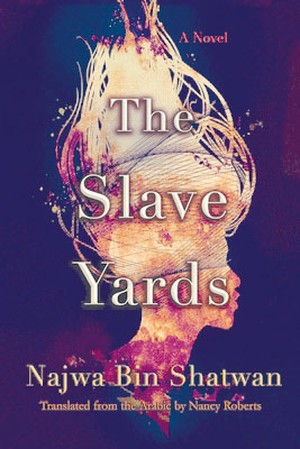
The Slave Yards by Najwa Bin Shatwan
This third novel by Libyan writer Najwa Bin Shatwan, The Slave Yards (Zarayib al-Abid), shortlisted for the 2017 International Prize for Arab Fiction, is set in 19th century Libya, then under Ottoman rule. Its title refers to the real-life encampments on the outskirts of Benghazi where most of the country’s slaves and former slaves were held at the time.
Banipal 68
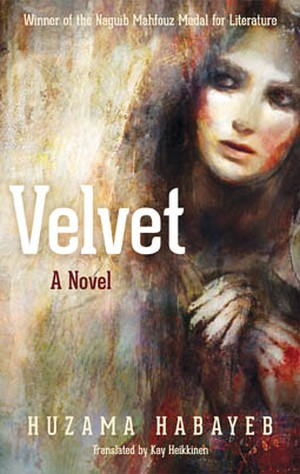
Velvet by Huzama Habayeb
Velvet is Huzama Habayeb’s third novel and marks a high point in her writing career, with the Arabic original, Mukhmal, awarded the 2017 Naguib Mahfouz Medal for Literature. It was hailed by the judges as “a new kind of Palestinian novel” that wrote about the “everyday lives of Palestinians”, and about the “human condition” through its portrayal of woman.
Banipal 67

Elias Khoury’s The Kingdom of Strangers
Elias Khoury’s The Kingdom of Strangers wrestles with issues of Lebanese identity and memory, using a fractured, non-linear narrative to reflect the fracturing of society during the Lebanese Civil War. Published in Arabic in 1993 and in 1996 in Paula Haydar’s excellent English translation.
Banipal 66
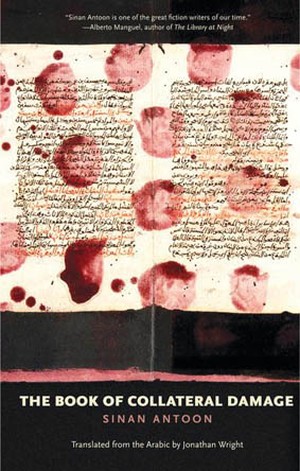
The Book of Collateral Damage by Sinan Antoon
Translated by Jonathan Wright, this fourth novel of Sinan Antoon is loosely based on when he revisited Baghdad in 2003 to make a documentary, having left Iraq in 1991 after the beginning of the Gulf War. Blurring of fiction and reality is an important theme.
Banipal 66
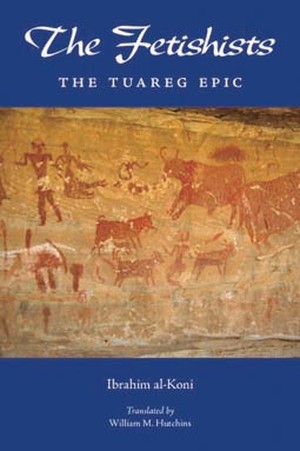
The Fetishists: The Tuareg Epic by Ibrahim al-Koni
In his author’s note to the translation, the Libyan Tuareg novelist Ibrahim al-Koni recounts the actual incident that inspired the novel – a bet. Whoever succeeded in scaling a certain tall cliff face in the Tadrart mountain range in Libya would win 100 camels.
Banipal 65

Praise for the Women of the Family by Mahmoud Shukair
Praise for the Women of the Family is a most welcome addition to the body of Shukair’s work available in English translation. Its Arabic original was shortlisted for the 2016 International Prize for Arabic Fiction, and it is the second volume of Mahmoud Shukair's Jerusalem trilogy.
Banipal 64

The Arab Renaissance: A Bilingual Anthology of the Nahda
To the ordinary reader, reading Arabic literature in translation today, the title The Arab Renaissance might be a little perplexing. What Renaissance? and when? The Nahda period covers roughly a hundred years, ending almost 100 years ago. It was a time of burgeoning Arab cultural and political modernity.
Banipal 63
Banipal 63

States of Passion by Nihad Sirees
Bill Swainson writes:
Nihad Sirees's skill as a historical novelist comes to the fore as an old man, on a dark and stormy night, tells the story of a doubly forbidden love affair between the old man in his youth and an innocent young dancer called Widad from Aleppo.
Banipal 62

Ibn Khaldun, An Intellectual Biography
Ibn Khaldun was a polymath and has been seen as anticipating the theories of Charles Darwin and Karl Marx, among others. He was certainly a great inspiration to Arnold Toynbee (1889–1975), but has also been an influence on the science fiction of Isaac Asimov and Frank Herbert. Robert Irwin writes with authority, and his book is a delight to read.
Banipal 62
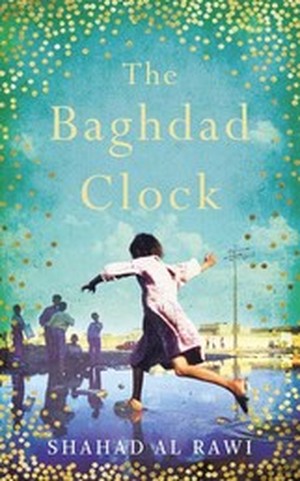
The Baghdad Clock
Shahad Al Rawi’s novel describes in colourful detail the Baghdad neighbourhood in which its young protagonist grows up, in the period between the First Gulf War and the present, while many of the rhetorical questions posed by the young protagonist reveal her anger towards the outside world for the pain it has inflicted on her country.
Banipal 61
Banipal 60
Banipal 60
Banipal 60
Banipal 58
Banipal 58
Banipal 57
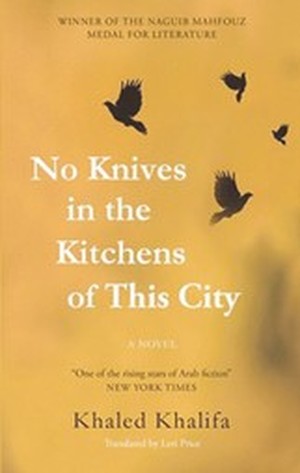
No Knives in the Kitchens of this City by Khaled Khalifa
No Knives in the Kitchens of this City tells the story of the decline of a Syrian family over a period of sixty years. There are no winners in a country where freedom is limited not only by the regime, but also by the fear of other people’s judgement.
Banipal 56
Banipal 54
Banipal 54
Hurma
Ali Al-Muqri’s work . . . approaches the traditional ‘three taboos’ of politics, religion and sex (mainly the last two) with a directness and vigour that are all too rare in contemporary Arabic writing.
Banipal 54
Who's Afraid of Meryl Streep
This novel . . . is a parody of the man-woman relationship in Lebanese society today, divided between tradition and modernity . . . in which the author challenges his own society and its contradictions.
Banipal 53
The Broken Mirrors/Sinalcol
The author's skill and experience, both as a writer and a storyteller, are brought to bear in this novel as he explores the disruptive and destructive effects of civil war on the residents of Beirut’s divided city.
Banipal 53
Banipal 53
Banipal 53
Banipal 52
Banipal 52
Banipal 52
Banipal 52
Banipal 52
Banipal 51
Banipal 51
Banipal 51
Banipal 50
Banipal 50
Banipal 50
Banipal 50
Banipal 50
Banipal 49
Banipal 49
Banipal 49
Banipal 49
Banipal 48
Banipal 48
Banipal 48
Banipal 47
Banipal 47
Banipal 47
Banipal 46
Banipal 46
Banipal 46
Banipal 46
Banipal 45
Banipal 45
Banipal 45
Banipal 45
Banipal 44
Banipal 44
Banipal 44
Banipal 44
Banipal 43
Banipal 43
Banipal 43
Banipal 43
Banipal 42
Banipal 42
Banipal 42
Banipal 42
Banipal 41
Banipal 41
Banipal 41
Banipal 41
Banipal 40
Banipal 40
Banipal 40
Banipal 40
Banipal 39
Banipal 39
Banipal 39
Banipal 39
Banipal 38
Banipal 38
Banipal 38
Banipal 37
Banipal 37
Banipal 36
Banipal 36
Banipal 36
Banipal 35
Banipal 35
Banipal 35
Banipal 34
Banipal 34
Banipal 34
Banipal 33
Banipal 33
Banipal 33
Banipal 33
Banipal 33
Banipal 33
Banipal 32
Banipal 32
Banipal 32
Banipal 31
Banipal 31
Banipal 31
Banipal 31
Banipal 31
Banipal 31
Banipal 31
Banipal 30
Banipal 30
Banipal 30
Banipal 30
Banipal 30
Banipal 30
Banipal 29
Banipal 29
Banipal 28
Banipal 28
Banipal 27
Banipal 27
Banipal 26
Banipal 26
Banipal 25
Banipal 25
Memories in Translation: A Life between the Lines of Arabic Literature by Denys Johnson-Davies

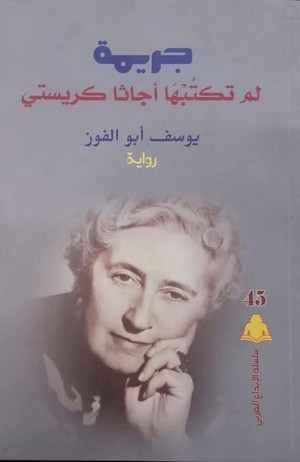


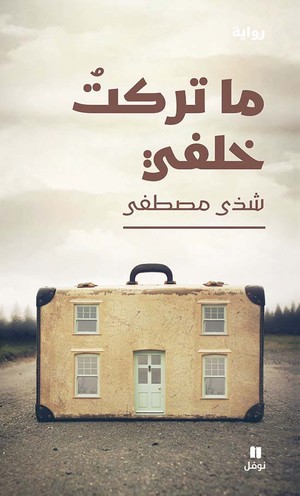






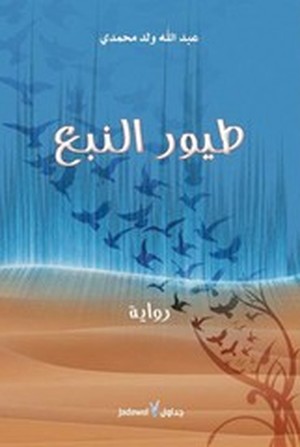

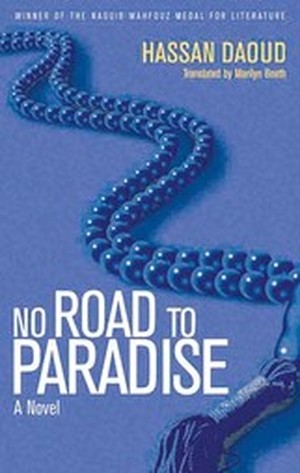
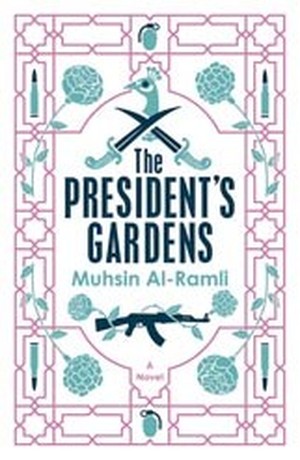

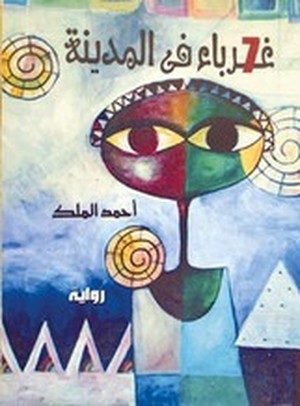
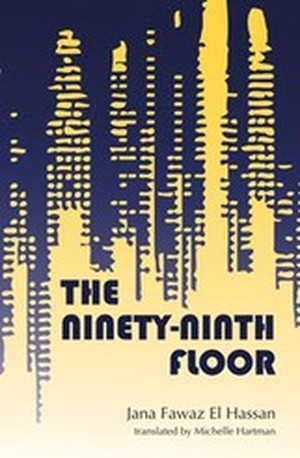
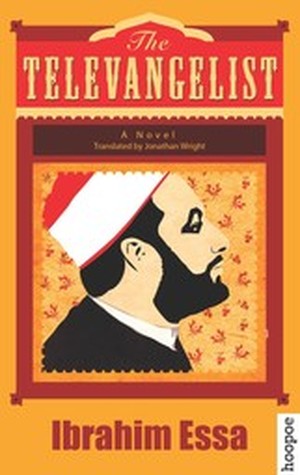
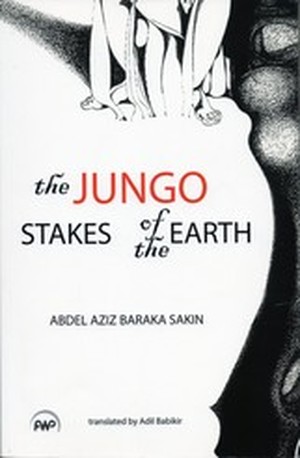
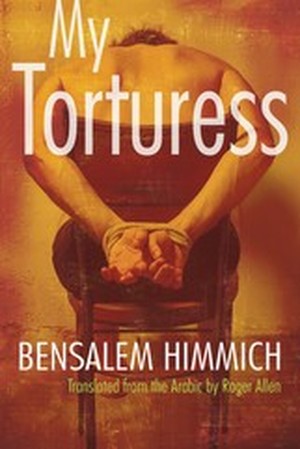
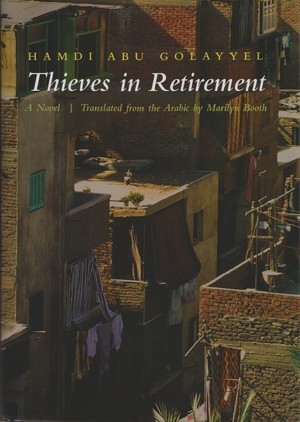
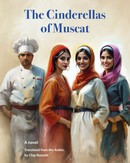






























































































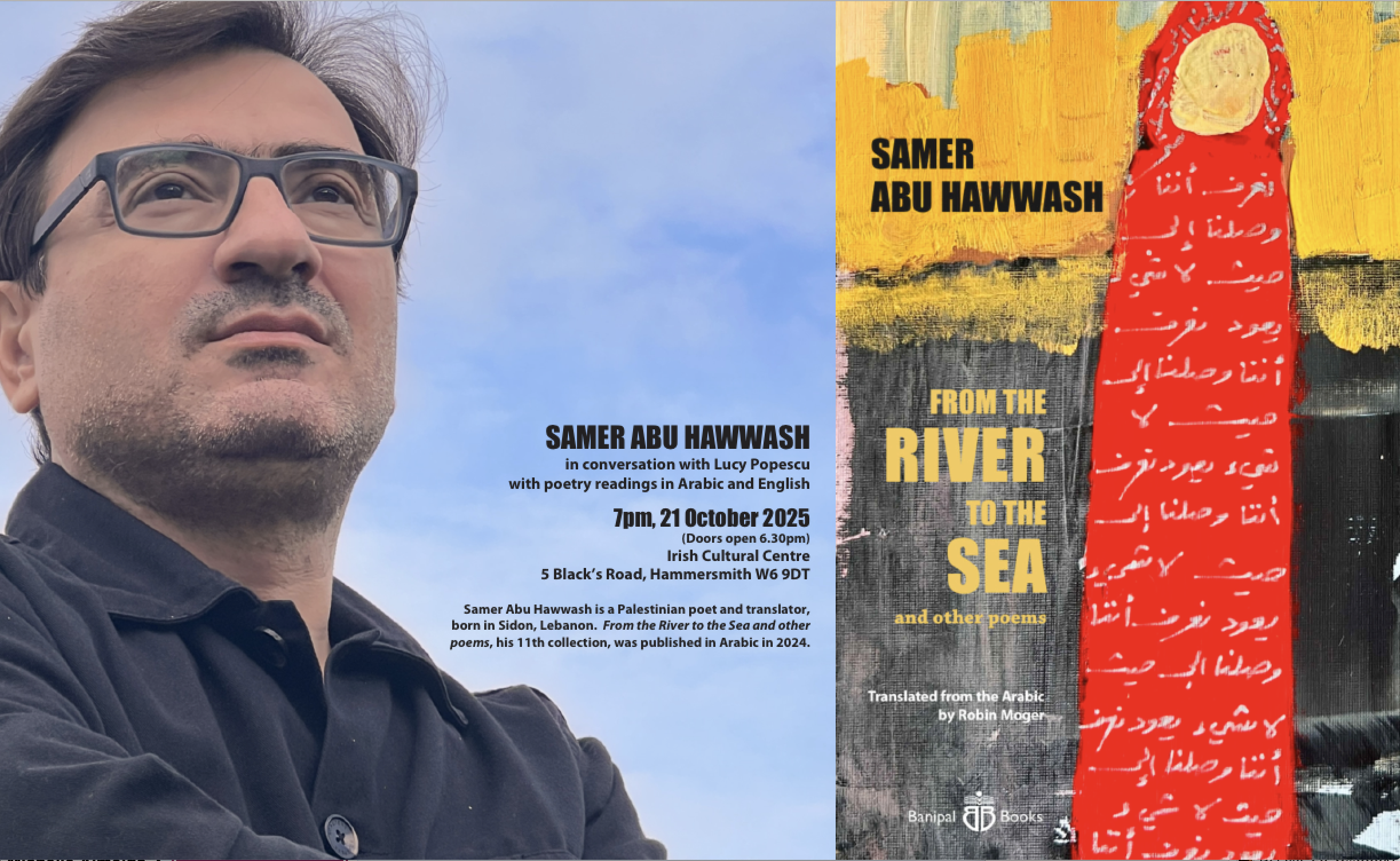

.png)
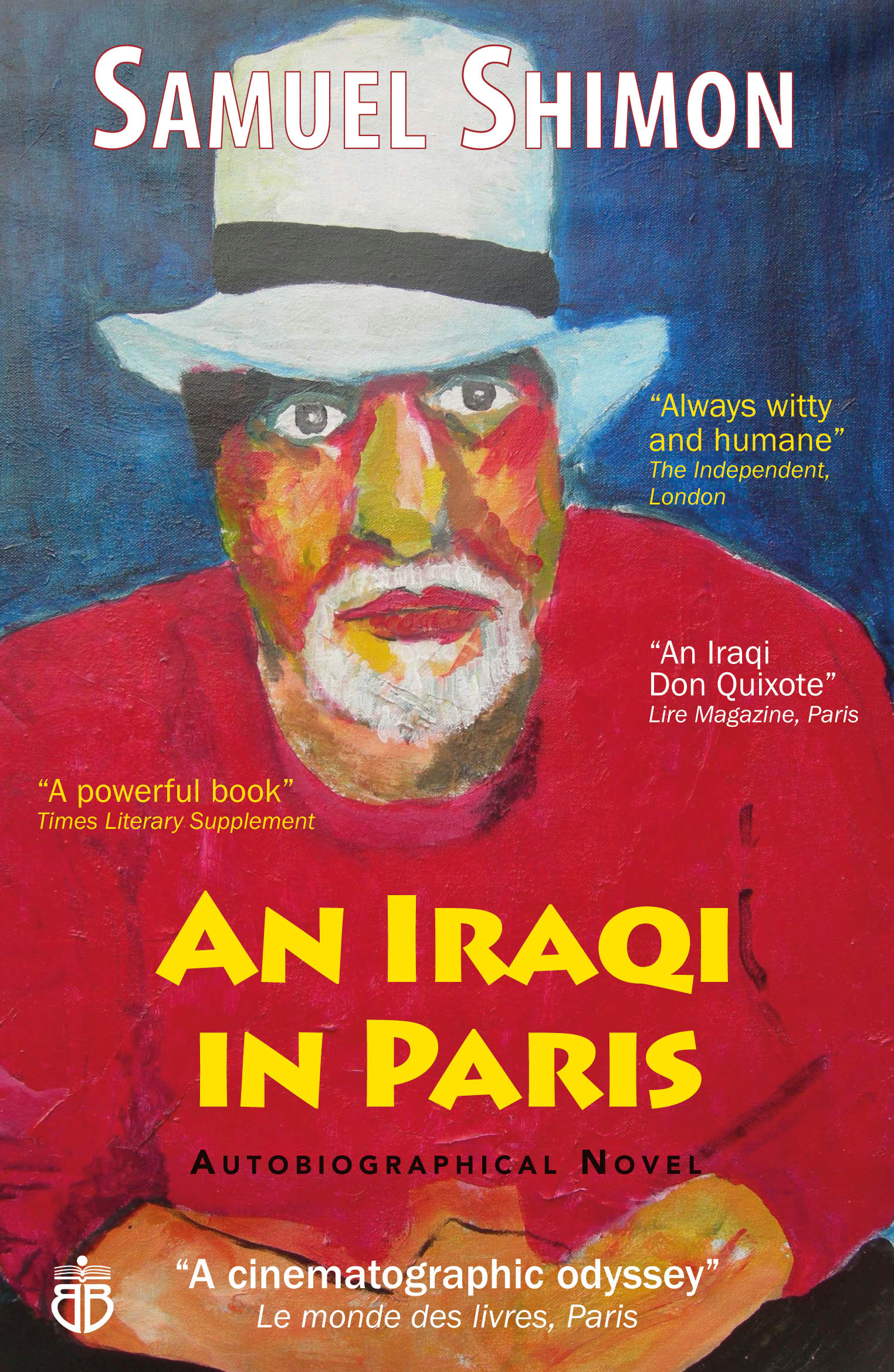

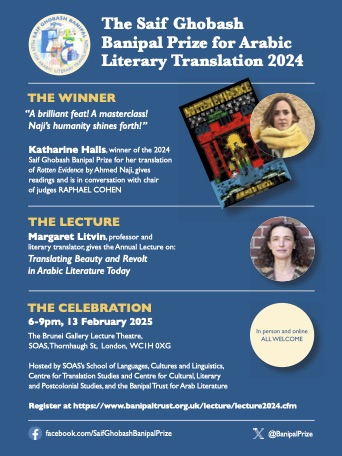

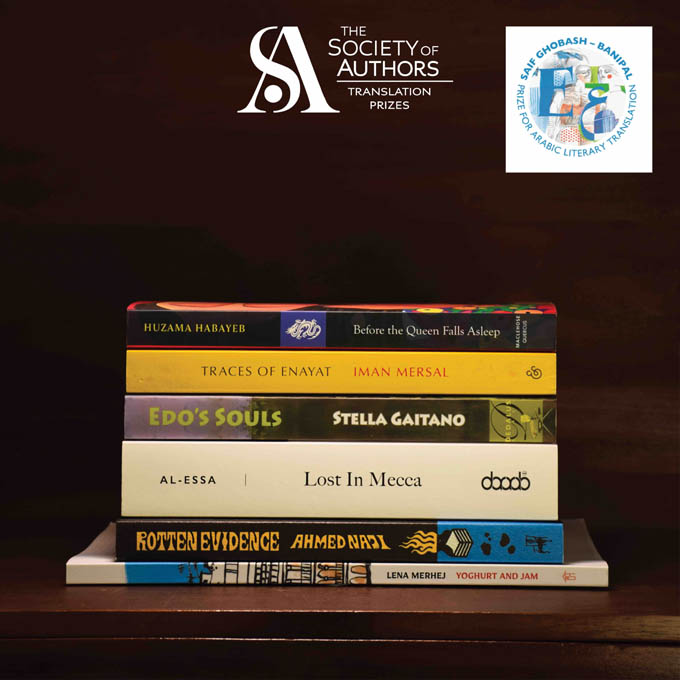

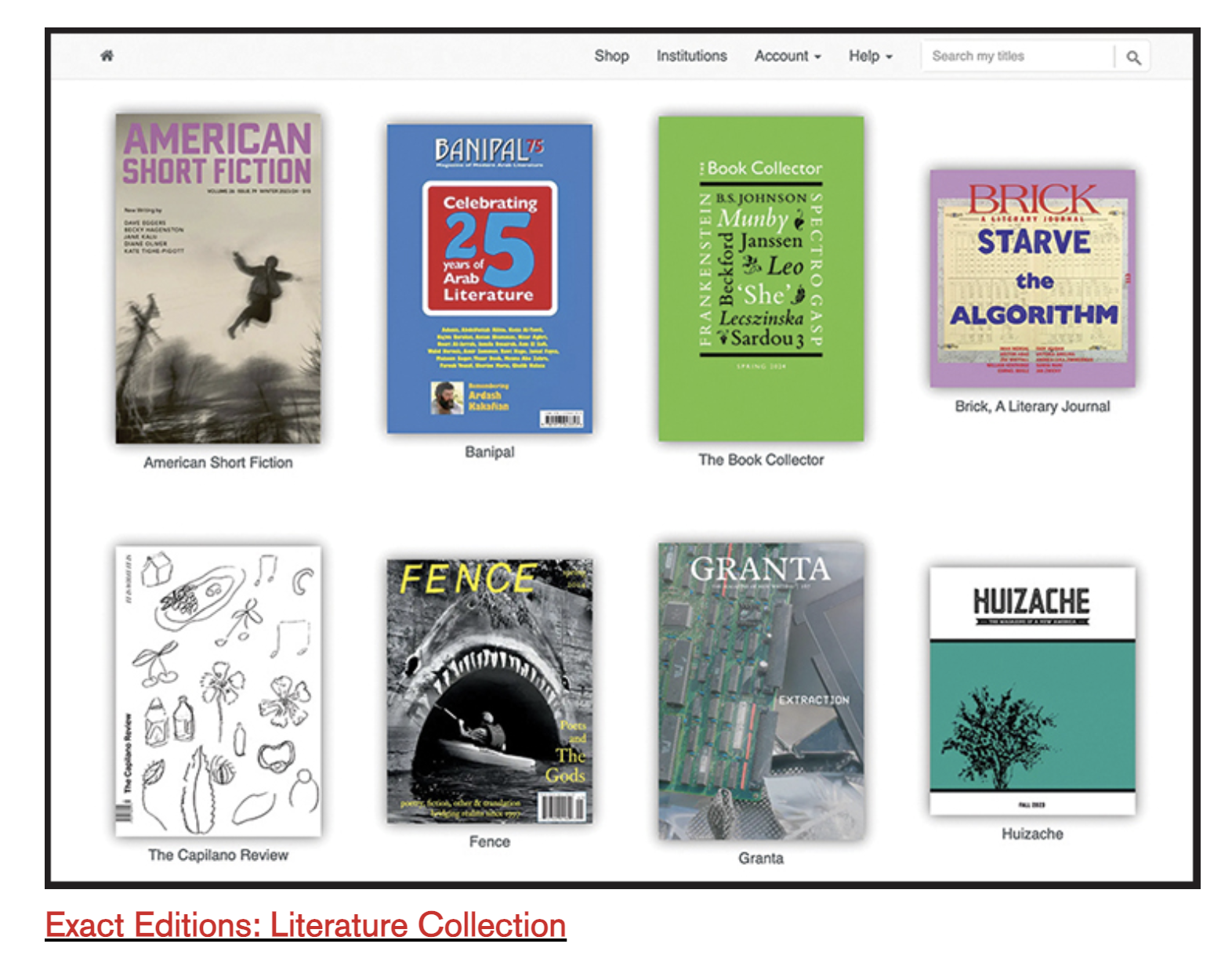
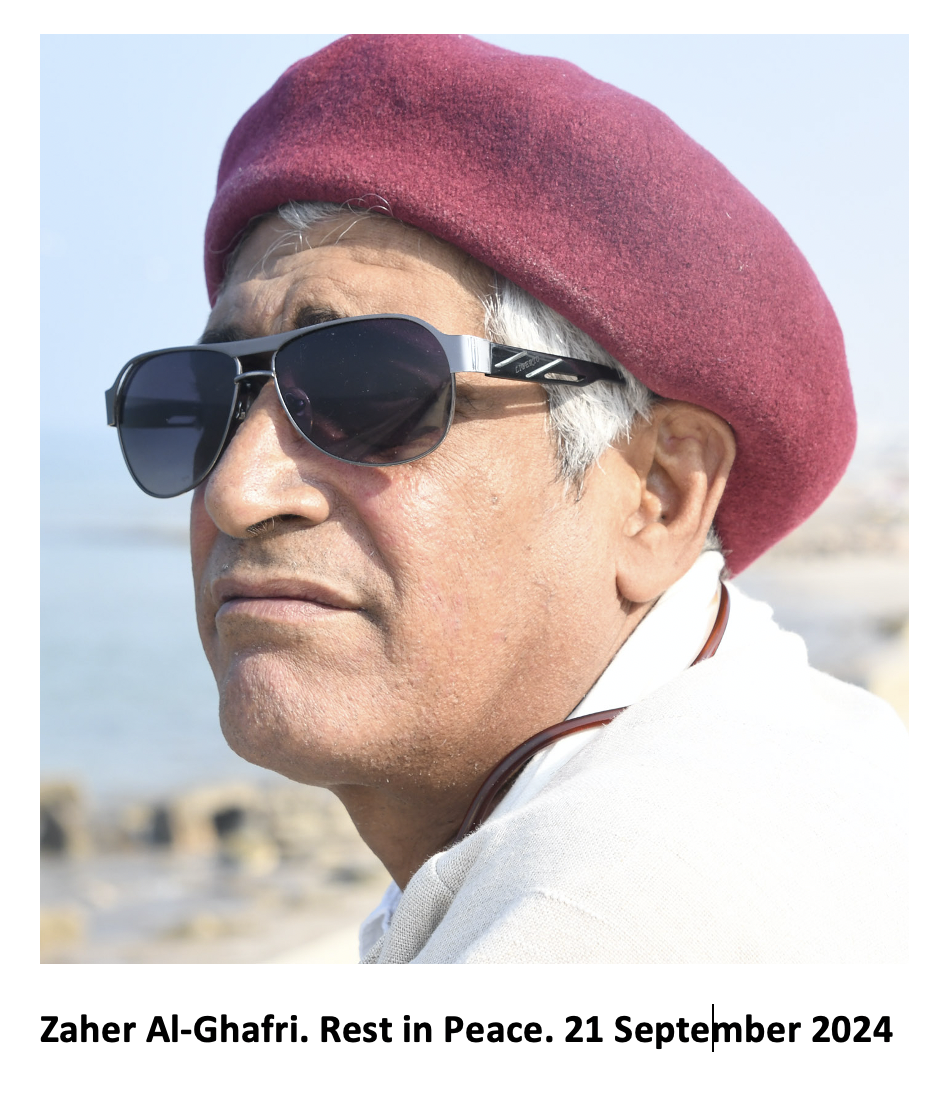
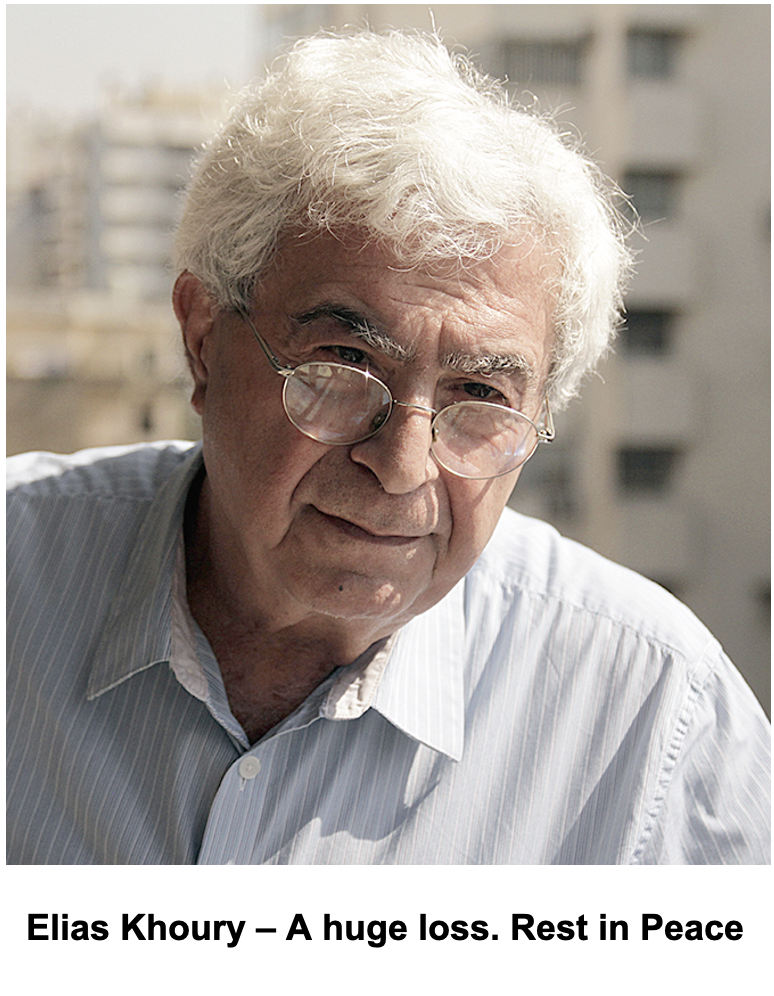
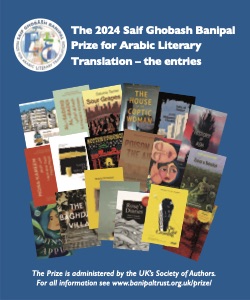
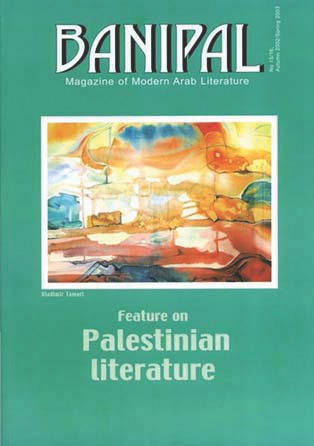
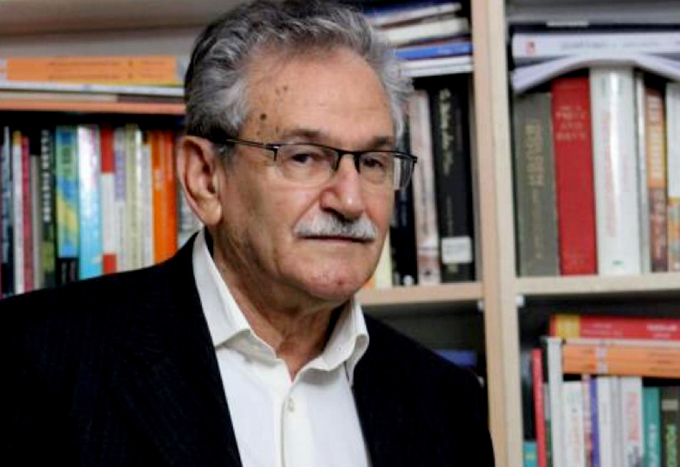
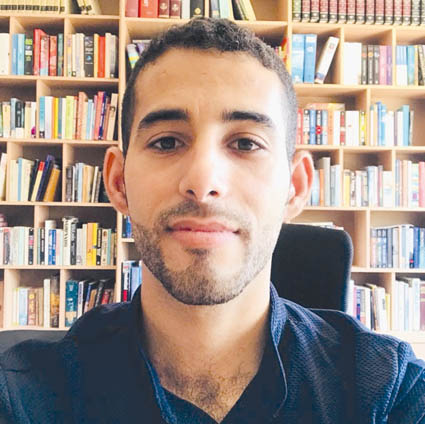
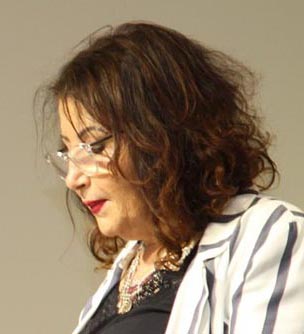

 GRIFFIN PRIZE SHORTLIST 2023
GRIFFIN PRIZE SHORTLIST 2023

 Banipal's first audiobook
Banipal's first audiobook


















